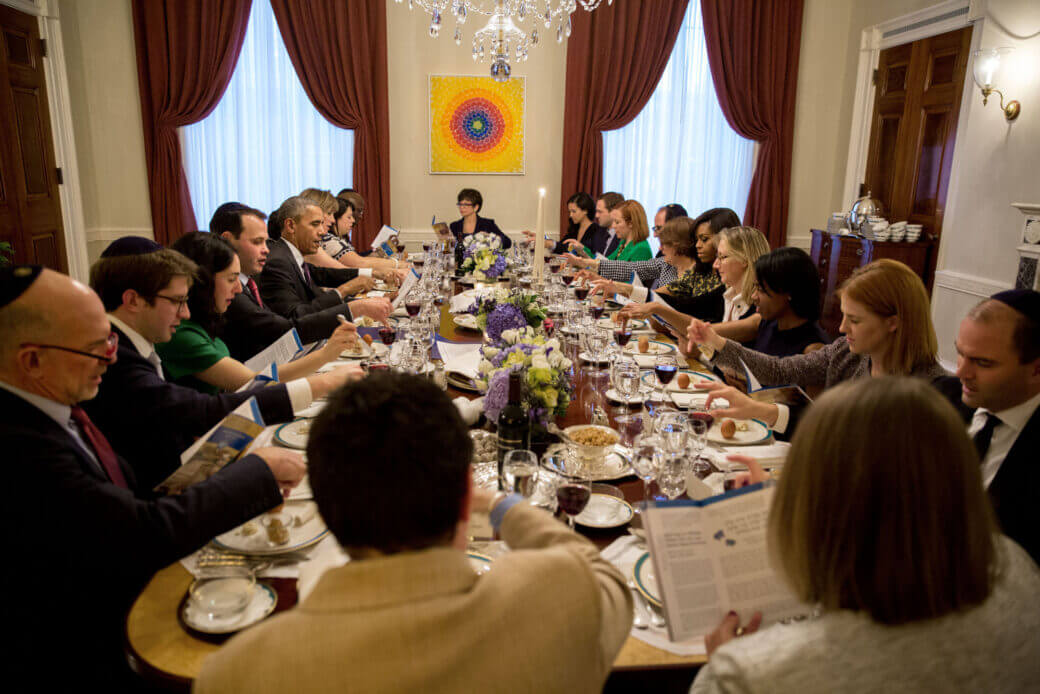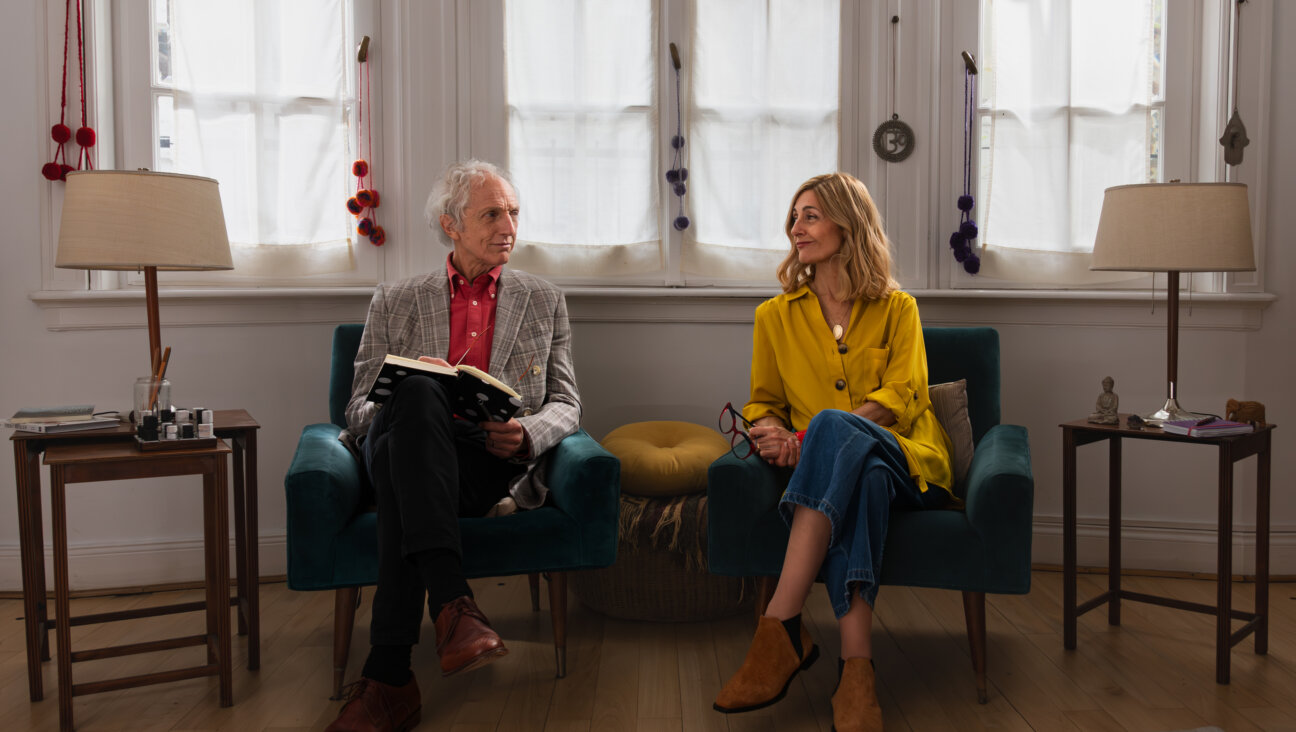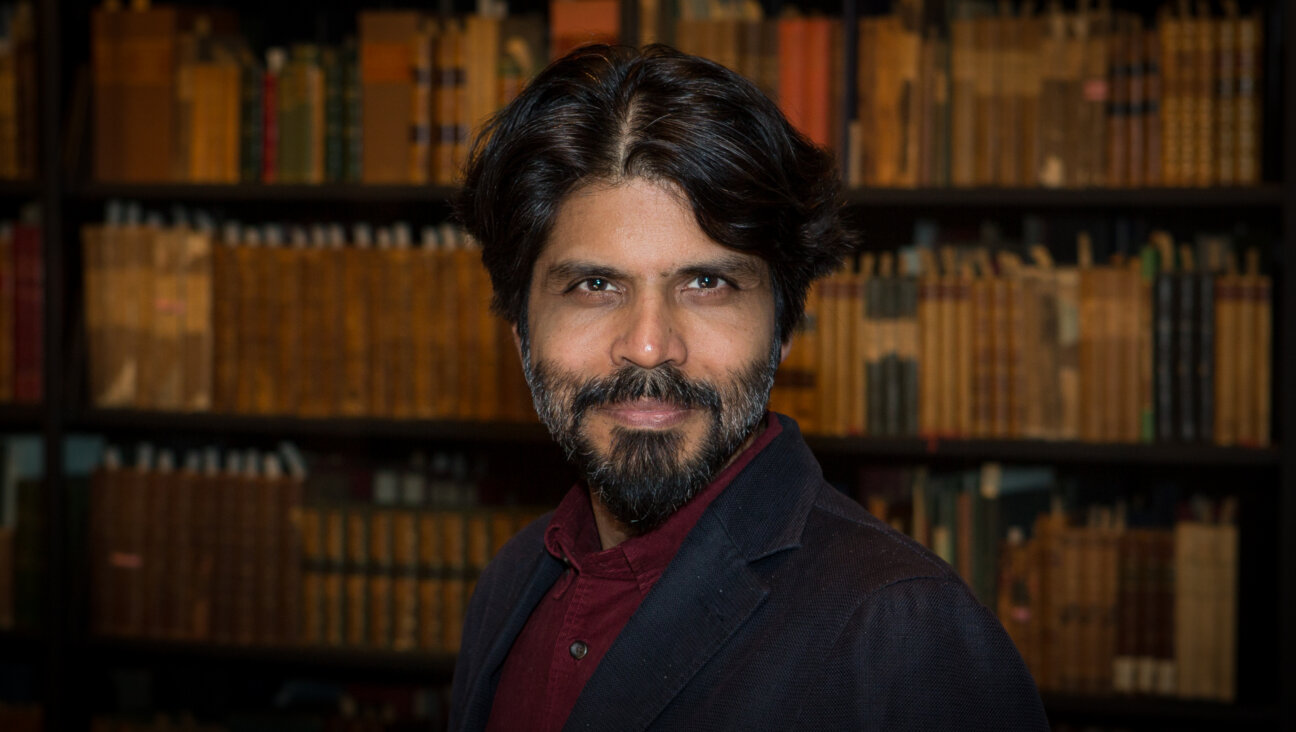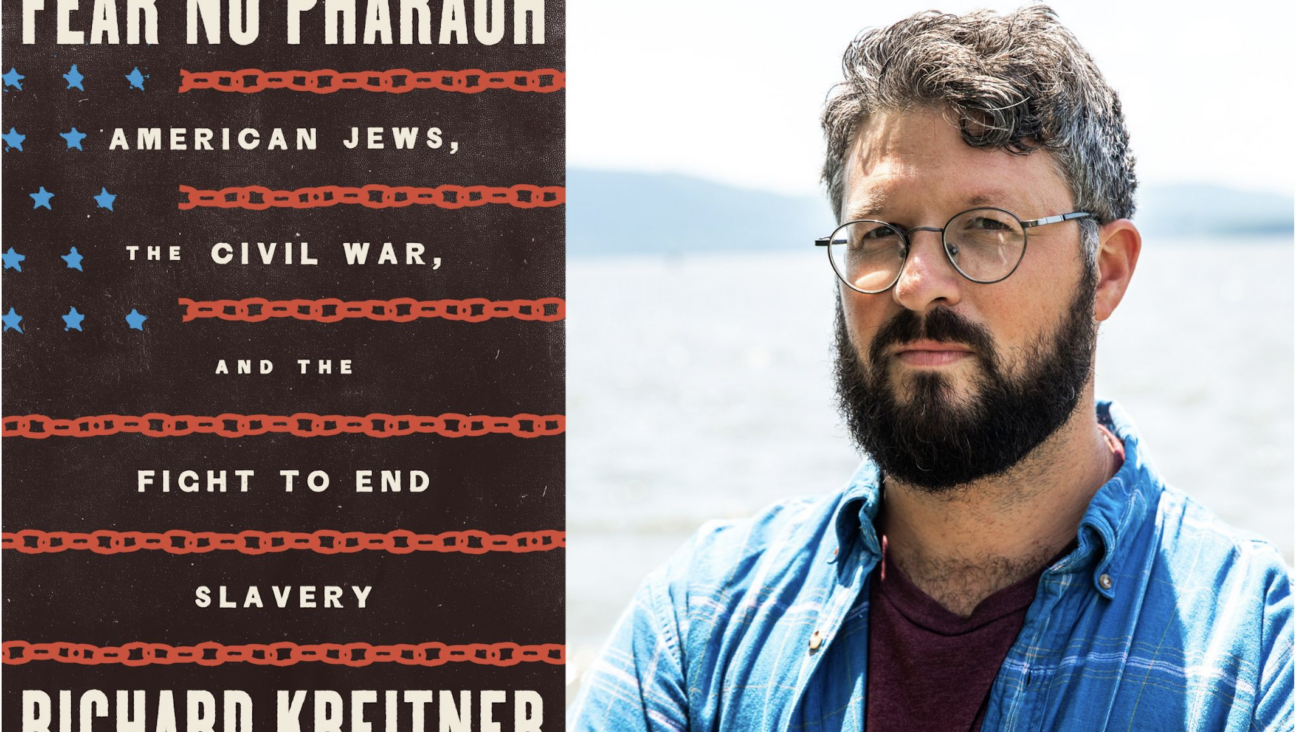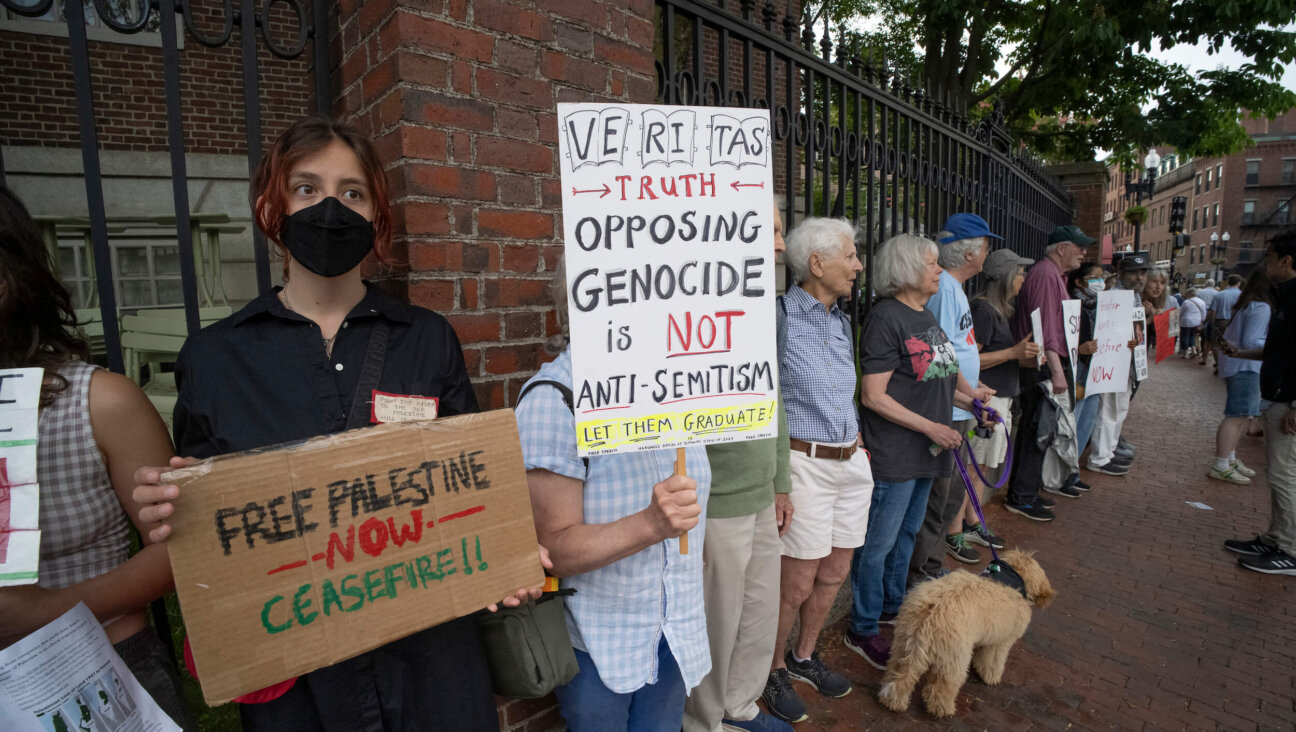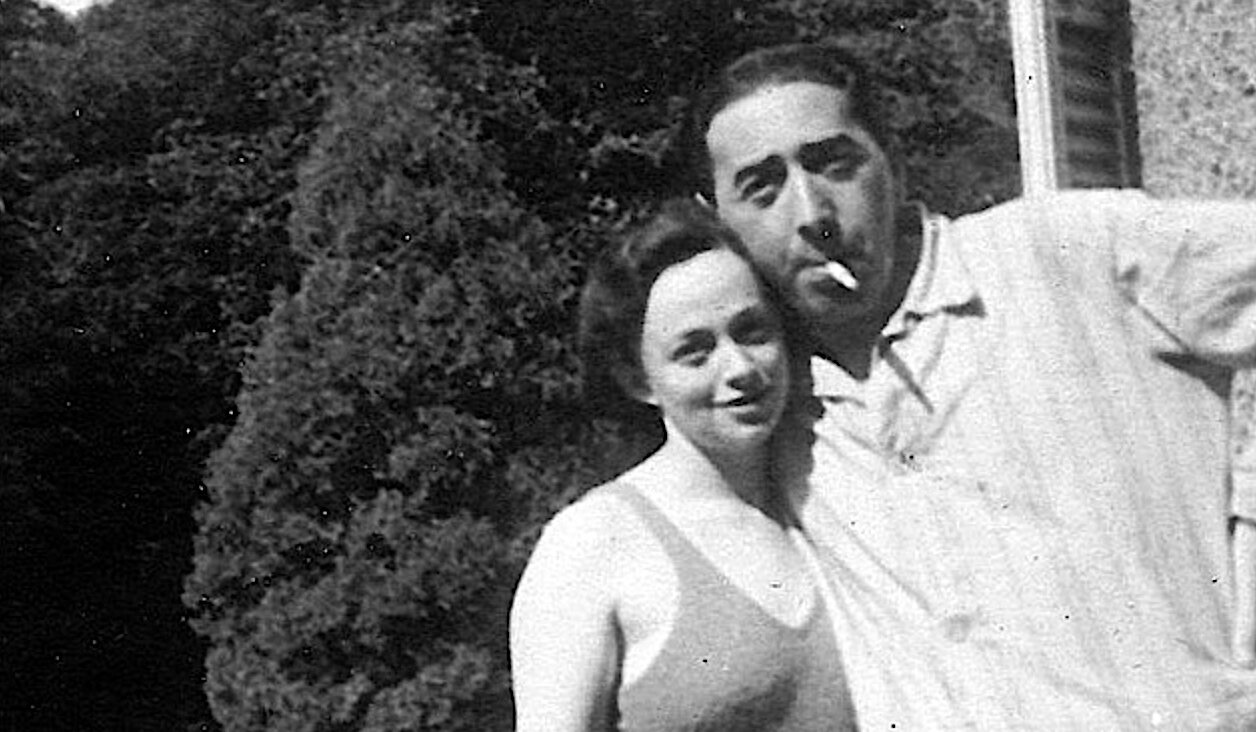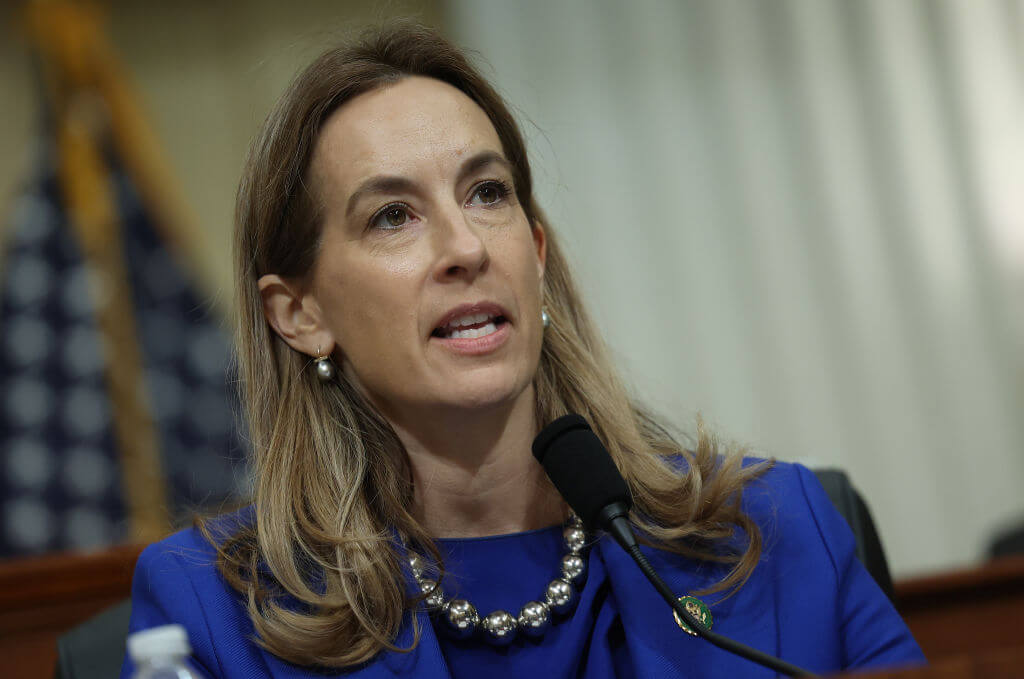Allowing the Yetzer Tov To Win
It happens to me every day. Although I know that yoga, meditation, exercise or prayer will make me feel better than updating my Facebook status or grabbing a snack, I have to fight myself to do them. If the yetzer tov (the “good” side) wins and I do my spiritual practice, eventually I won’t remember what all the fuss was about. I’ll be grateful to my various spiritual traditions, and to myself for using them. I’ll be centered, calm, and focused on what matters most instead of what matters least. It’ll be great.
But before the work, I have to drag myself to the cushion. Kicking and screaming. “Even me” — even the yogi who meditated for five months on silent retreat, even the author of a forthcoming book called “Everything Is God” (Shambhala/Trumpeter). Every day, it’s back to square one, with mountains of e-mails before I sleep, and plenty of distractions, as well.
In a way, this makes sense. If spirituality is anything more than amusement, it is transformative. Before I light candles, I think of e-mail; after I light candles, I feel love. Before I go on retreat, I feel like a small self trapped in a body, with desires whose fulfillment is the ultimate goal of everything; afterward, for a time, my perspective is a little broader, a little less selfish. That’s the point of spirituality — not to amuse the “I” but to change it.
But this means that the “I,” in its unrefined and unreflective form, is the problem. The challenge with figuring out “what I want to do” is that “what I want to do” is precisely what I’m trying to change. It’s the object of the spiritual experiment, not the subject. But from the “before” state, it defines the horizons of awareness.
This is true on a micro and a macro level. The micro level I’ve already described: how most of us have to drag ourselves to synagogue or yoga class or the gym or whatever works for our personal development, even though afterward we’re so grateful that we did. In fact, just this lesson — not to trust the heart and not to believe the mind — is, itself, “worth the price of admission,” so to speak. I suspect we wouldn’t have quite so much bigotry, antisemitism and cruelty if we all second-guessed our gut reactions a bit more.
It’s true on a macro level, as well. Many of us, if we are basically happy and healthy, are often fine just the way we are. Like our obliviously content ex-president, we don’t see the effects of our spiritual atrophy. We don’t know what we’re missing: how much more compassionate, loving or just we could be, and how much energy we’re needlessly dissipating on the maintenance of the ego and the fulfillment of its demands. And this ignorance has consequences.
Some consequences are social or, perhaps, political. For example, the great achievement of mainstream America has been to hide the costs of its profligacy. We love Wal-Mart because we don’t see the sweatshops. We love SUVs because we don’t see their effects on penguins and polar bears. And until recently, those of us who were well off financially could easily ignore those who were not. Yes, the Torah, and our secular values, call us to responsibility (Exodus 23:9, Deuteronomy 15:7), but my experience is that without some inner work to actually open the heart (Deuteronomy 30:6), such calls fall on deaf ears.
Other consequences are psychological. In my teaching work, I’ve taught many stressed and uptight people who think that meditation is the last thing they need, when really it’s the first. I’ve counseled many closeted gay men who have no idea what they’re missing by continuing to hide or deny their emotional selves. And I’ve had countless people tell me that they can’t stand “touchy-feely” heart circles or discussion groups, only to emerge from their first one full of tears and catharsis. Fortunately, many of these people do get to the “other side” of whatever river they have to cross, and are grateful for the journey. But from this shore, it may look impossible, or just plain not worth it. Like people who really need therapy but are so far gone that they don’t know they need it, we don’t know what we’re missing by omitting spiritual practice from our toolkit of personal development.
And some consequences are, for lack of a better term, philosophical. Many readers tell me that they either are or aren’t “spiritual types,” as if spiritual practice is purely a matter of taste or, perhaps, aptitude. Some people like Talmud study, others Nascar. Some enjoy the process of *teshuvah *(introspection, repentance and return), others the mall. But is this really true? Don’t we believe, religionists and secularists both, that there are faculties of the self worth developing, and that if we do not develop them, we are somehow missing out on something essential about the human condition?
And do we humanists not believe that the gifts of this world, whether endowed by a Creator or not, are here to be savored? That our hours on Earth are to be led deliberately, sucking the marrow out of life? And if we do believe such things, then what a shame it is to restrict the horizons of our experience to the zones of the familiar or the conventional. There are ecstasies, insights and loves that are our birthright as human beings; there are experiences so profound and so holy that it seems the greatest of shames to pass them by out of ignorance or fear. As Lou Reed once sang, “some kinds of love/the possibilities are endless/and for me to miss one/would seem to be groundless.”
My claim is that while we each may prefer different spiritual flavors, all of us require spiritual nourishment if we are to be anything other than the humanistic equivalents of 98-pound weaklings. Without some way of opening the heart, expanding the mind and integrating the body, we’re incomplete human beings — and our incompleteness has real effects on ourselves and those around us. Time and time again, our tradition warns us against hardening our hearts. There’s a reason for that: The hardened heart doesn’t know what it’s missing, doesn’t care and doesn’t want to do anything about it.
It is the problem. “You” are the problem — the “you” who evaluates whether or not it’s worth the effort to work is itself what gets transformed in any spiritual practice worthy of the name. “Listen to your heart” is a well-meaning bit of bad advice, because it’s the heart that is transformed by effective spiritual practice, whether that practice is learning Torah or going to the opera, hiking in the desert or plunging into the mikveh.
So next time your heart tells you, on a small scale or a large one, that it would rather have another beer, click another link, or otherwise postpone and delude and equivocate, tell your inner selfish child to get lost. It’s not “you” — it is a set of mental patterns, many of which probably have long outlived their usefulness. Don’t believe it! The part that appears to be doing all the controlling is itself not under your control. And it has no idea what it is missing, because that is precisely what needs to be transformed.
No one can prescribe spiritual practice for another. The “spirituality” you need may be simply a moment of reflection, or it may be an ongoing commitment to the disadvantaged. It may take one of 1,000 other forms. But some spiritual practice is necessary for everyone, because human actualization is not a matter of taste. And so wherever you find yourself on the spiritual continuum, from hardened skeptic to navel-gazing adept, I can assure you that there is a path stretching out in front of you, and you don’t know what lies ahead.
The Forward is free to read, but it isn’t free to produce

I hope you appreciated this article. Before you go, I’d like to ask you to please support the Forward.
At a time when other newsrooms are closing or cutting back, the Forward has removed its paywall and invested additional resources to report on the ground from Israel and around the U.S. on the impact of the war, rising antisemitism and polarized discourse.
Readers like you make it all possible. We’ve started our Passover Fundraising Drive, and we need 1,800 readers like you to step up to support the Forward by April 21. Members of the Forward board are even matching the first 1,000 gifts, up to $70,000.
This is a great time to support independent Jewish journalism, because every dollar goes twice as far.
— Rachel Fishman Feddersen, Publisher and CEO








